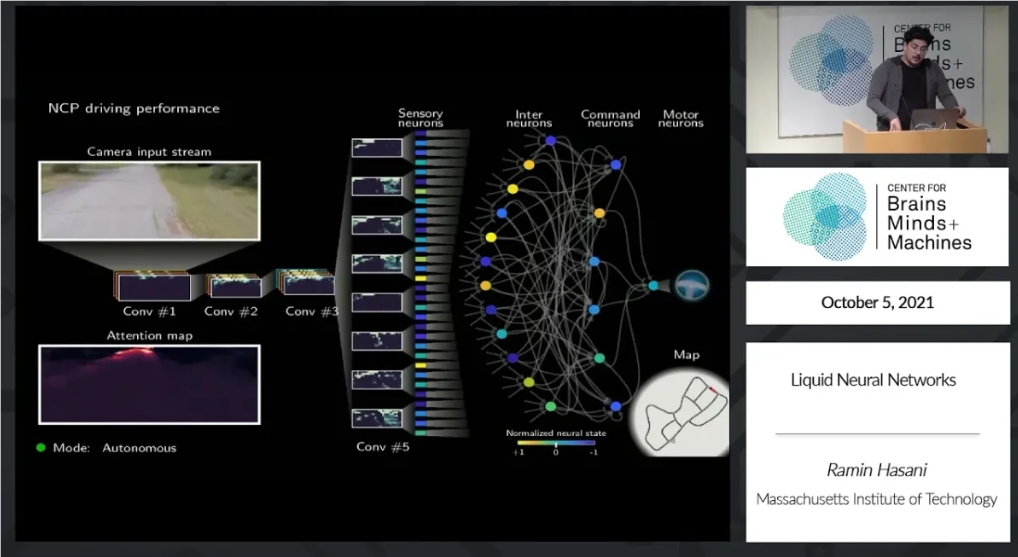Liquid AI, a companyMITThe company, which was incubated by the company, recently successfully completed a seed round of financing of nearly 40 million US dollars. Its goal is to build a new type ofAI, known as liquidNeural NetworksThis innovative technology is based on a liquid neural network architecture and is designed to provide a more streamlined, explainable and dynamically adaptable artificial intelligence system.
Liquid AI's team consists of founders such as Daniela Rus, including Ramin Hasani as CEO, Mathias Lechner as CTO, and Alexander Amini as Chief Scientific Officer. Liquid AI's liquid neural network originated from their research at MIT, and is characterized by its relatively small size and simple architecture, which requires less computing resources when training and running models.

Compared with traditional large-scale artificial intelligence models, the small size and simple architecture of liquid neural networks bring greater interpretability. This network performs well in processing sequential data and can dynamically adjust the signal exchange between neurons, enabling it to adapt to changes in the environment and situation, even without special training.
Liquid neural networks have performed well in tests across multiple domains, outperforming other advanced algorithms in predicting future values in datasets ranging from atmospheric chemistry to vehicle traffic. Particularly impressive is the achievement in autonomous navigation of drones. The Liquid AI team trained the liquid neural network with data collected by professional human drone pilots earlier this year and tested the algorithm in a range of outdoor environments. The results show that liquid neural networks surpass other navigation models, are able to make decisions in previously unexplored spaces, and can reliably generalize to untuned scenes even in the presence of noise and other challenges.
The Liquid AI team says that liquid neural networks are not only suitable for obvious use cases such as drone search and rescue, wildlife monitoring and delivery, but can also be used to analyze any phenomenon that fluctuates over time, including power networks, medical data, financial transactions and severe weather patterns.
Liquid AI's plans include not only designing and training new models, but also providing customers with private AI infrastructure and platforms, enabling customers to build their own models according to their needs. Hasani emphasized that "the responsibility and security of large AI models are critical, and Liquid AI provides more capital-efficient, reliable, explainable, and powerful machine learning models for domain-specific and generative AI applications."
Liquid AI is headquartered in Boston and Palo Alto. It currently has a team of 12 people and is expected to increase to 20 people by early next year. The company hopes to compete with the basic model companies that build GPT (generative pre-training) models by commercializing liquid neural network technology, and is committed to creating a model that goes beyond traditional GPT.optimalNew Liquid base model.